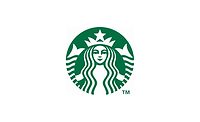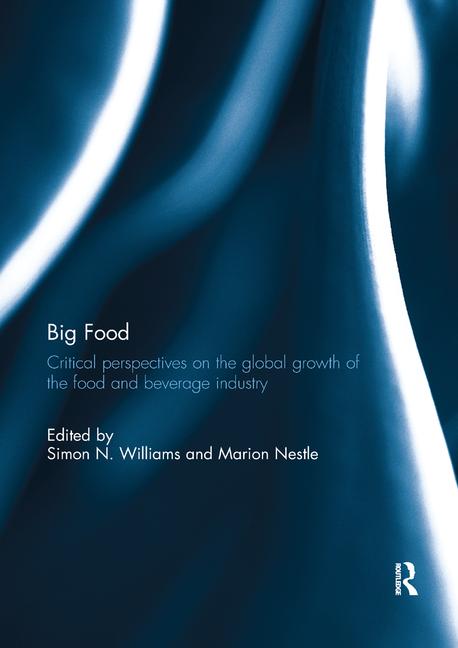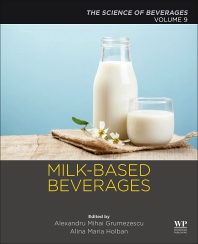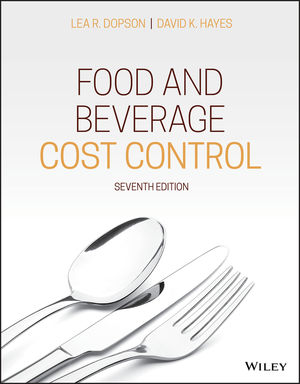Starbucks tracks its global responsibilities
Starbucks Coffee Co., Seattle, announced the release of its ninth annual Global Responsibility Report, which outlines its fiscal 2009 performance in ethical sourcing, environmental stewardship, and community involvement. The report is available online at www.starbucks.com/responsibility2009.
“While we were faced with difficult global economic conditions last year, we remained steadfastly committed to the responsible practices that have defined our company since its founding,” said Ben Packard, Starbucks vice president of global responsibility, in a statement. “Collaboration has been a key component of our strategy. By engaging external experts, business partners, and other organizations in 2009, we gained valuable insights that will help shape our path forward.”
Last year Starbucks achieved both of its short-term coffee purchasing goals: to increase annual purchases of coffee verified through Coffee and Farmer Equity (C.A.F.E.) Practices, and to double purchases of Fair Trade certified coffee. These accomplishments bring the company closer to achieving its long-term goal of purchasing 100 percent responsibly grown and ethically traded coffee by 2015.
In 2009, Starbucks also made meaningful progress toward goals related to farmer loans and incentives, youth engagement, energy and water conservation and green building. The company reported “on track” status in these areas, and is focused on maintaining momentum. By the end of 2010 Starbucks aims to reduce energy consumption by 25 percent, and to purchase renewable energy equivalent to 50 percent of the electricity used in company-owned stores. Additionally, Starbucks strives to achieve LEED certification for all of its new, company-owned stores around the world beginning later this year.
Areas cited for improvement as a result of 2009 performance include reducing waste from single-use cups and other packaging, and mobilizing employee partners and customers to contribute community service hours. Last year Starbucks community service hours saw a year-over-year decrease, which the company attributes largely to global economic conditions that required a realignment of the business and, consequently, limited partners’ capacity to coordinate service activities. In 2010 Starbucks will sharpen its focus on community involvement and develop tools to assist local markets with their endeavors.
The company aims to ensure 100 percent of its cups are reusable or recyclable by 2015; however it encountered several barriers in this area in 2009. One of the most significant challenges Starbucks faces is a variance in local recycling capabilities. In order to develop solutions that will make its single-use cups more broadly recyclable, Starbucks is collaborating with municipalities, raw material suppliers, cup manufacturers, retail and beverage businesses, recyclers, non-government organizations and academic experts. On April 22-23, the company will convene these stakeholders in Boston at its second cup summit. Participants will discuss advances since the 2009 summit and identify strategies for the future.
Starbucks also encourages its customers to help reduce cup waste. Last week the company launched a global marketing campaign to increase tumbler use, driving customers to www.starbucks.com/thebigpicture to make the tumbler pledge. In 2009, Starbucks served more than 26 million beverages in reusable cups in its company-owned stores in the United States, Canada, and the United Kingdom.
Looking for a reprint of this article?
From high-res PDFs to custom plaques, order your copy today!








